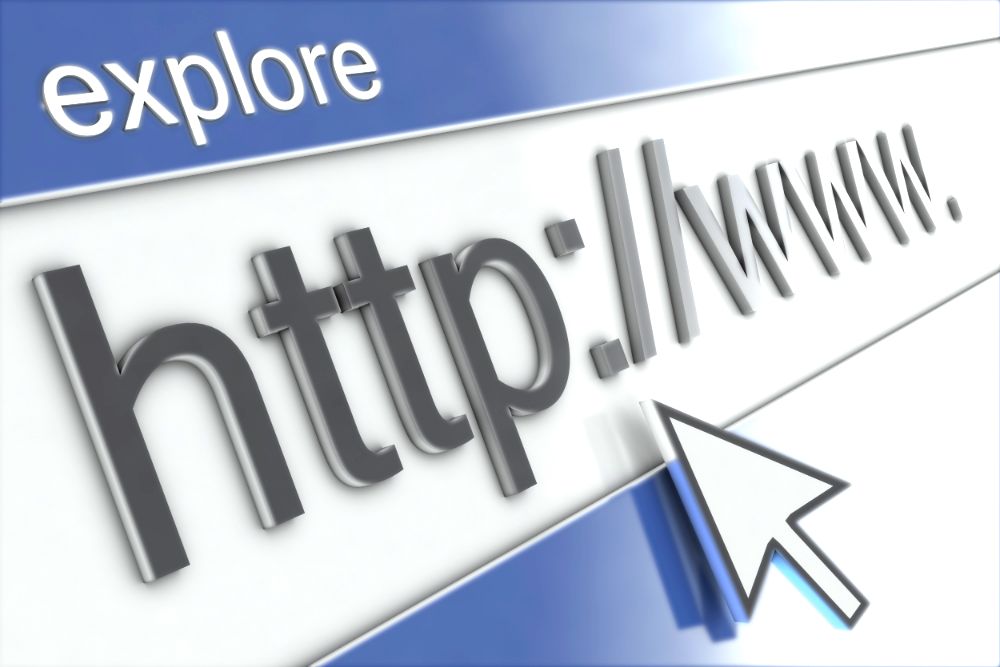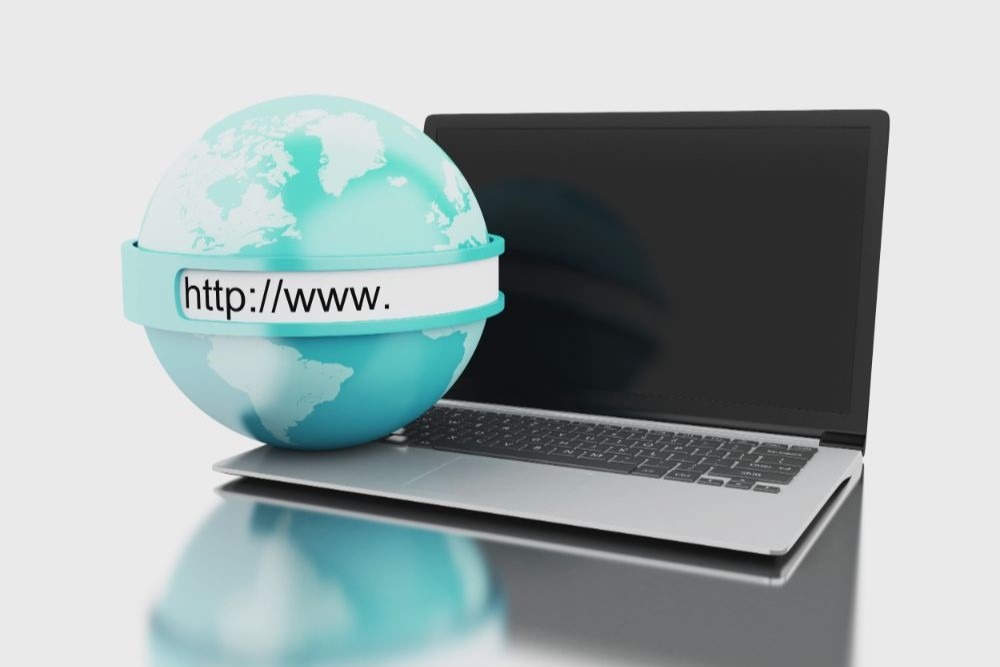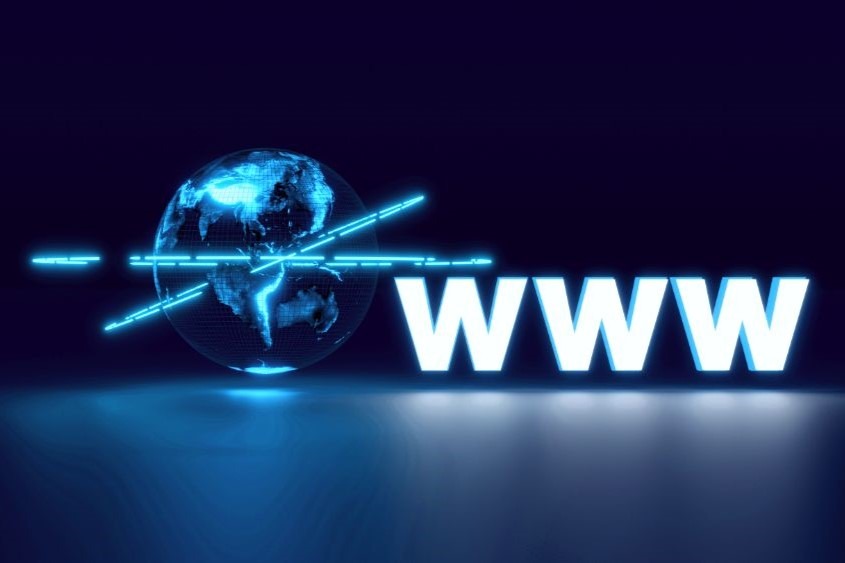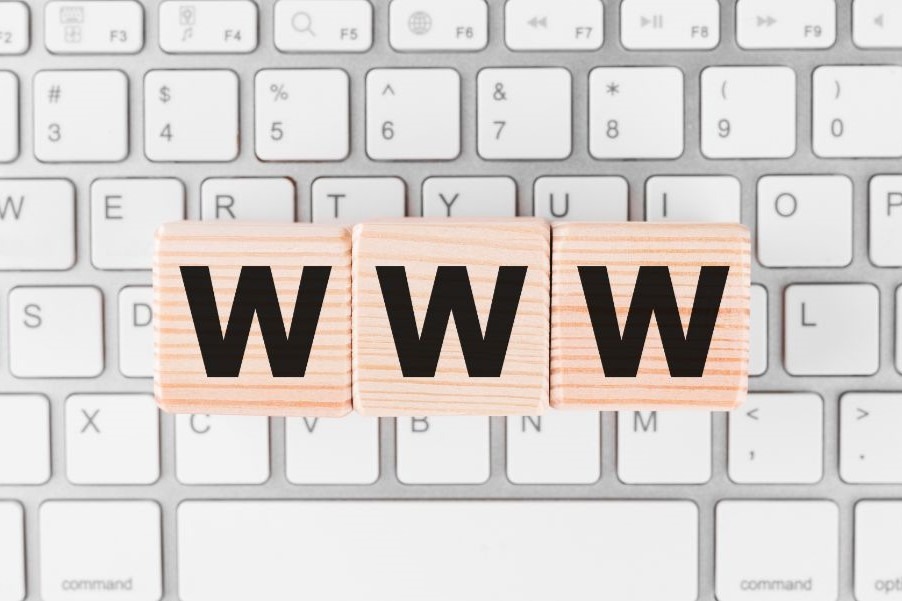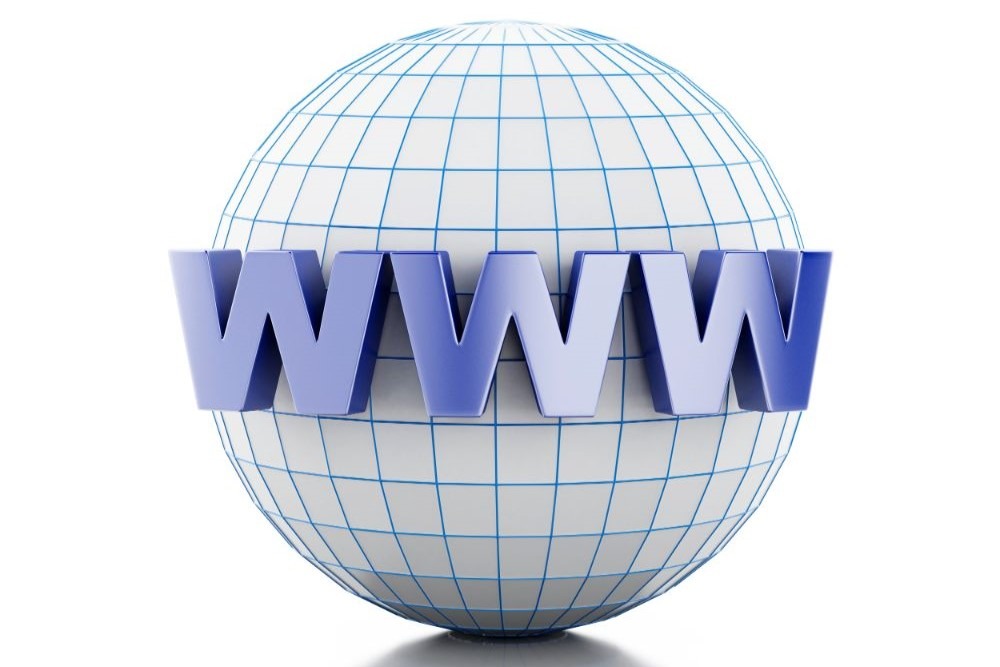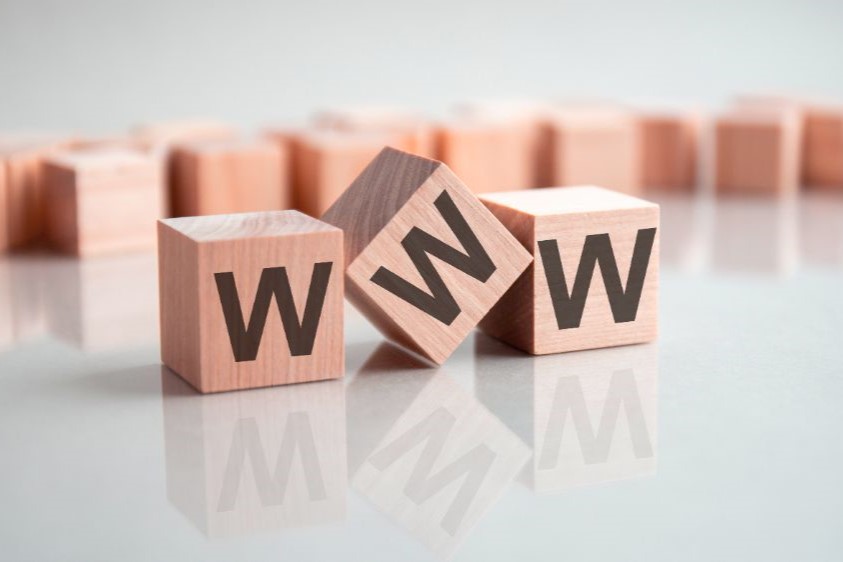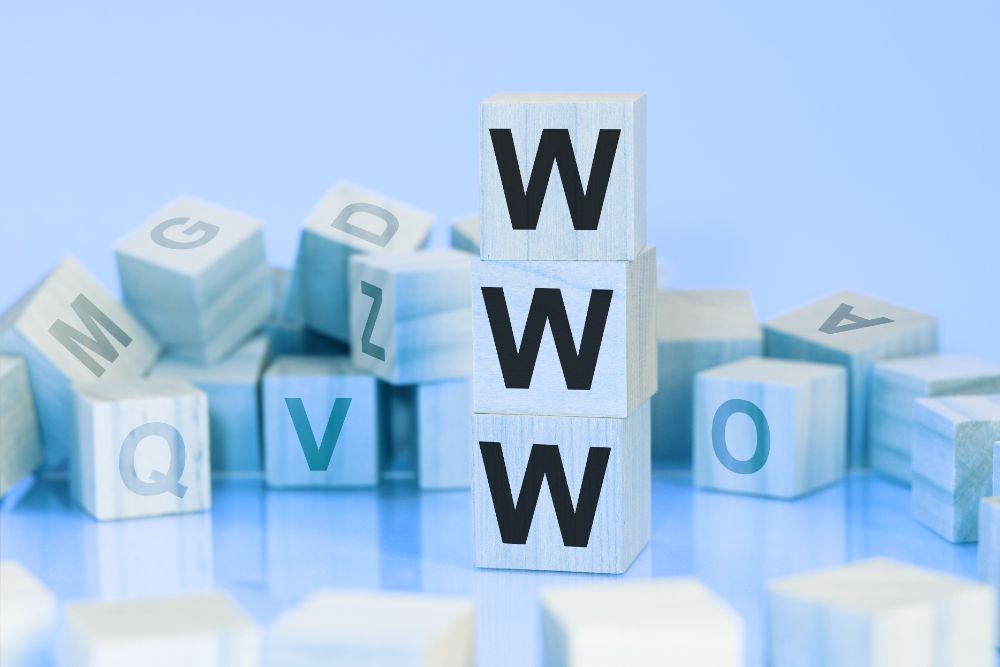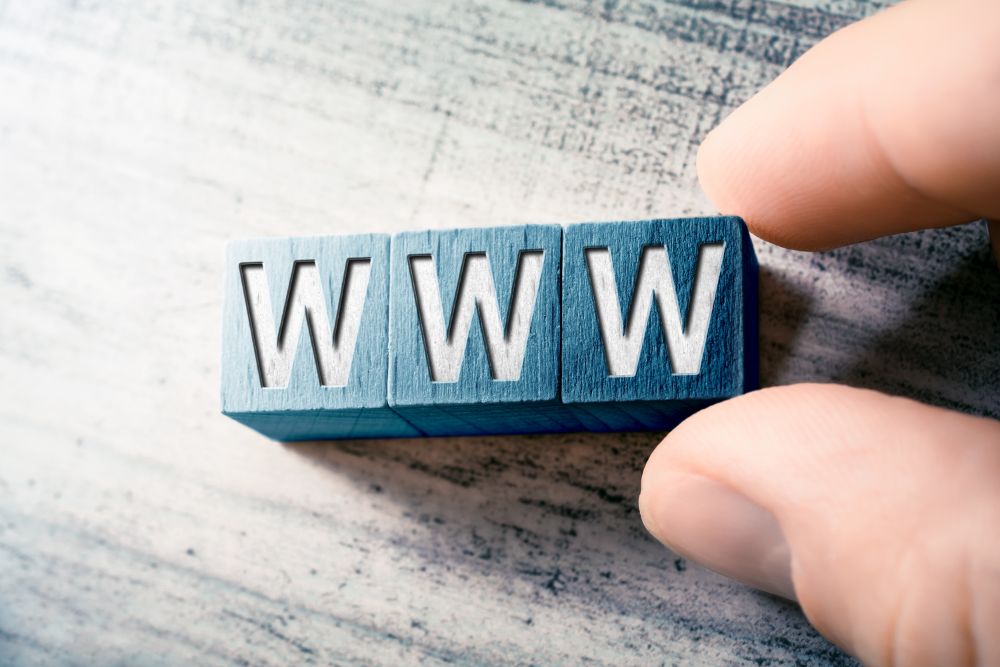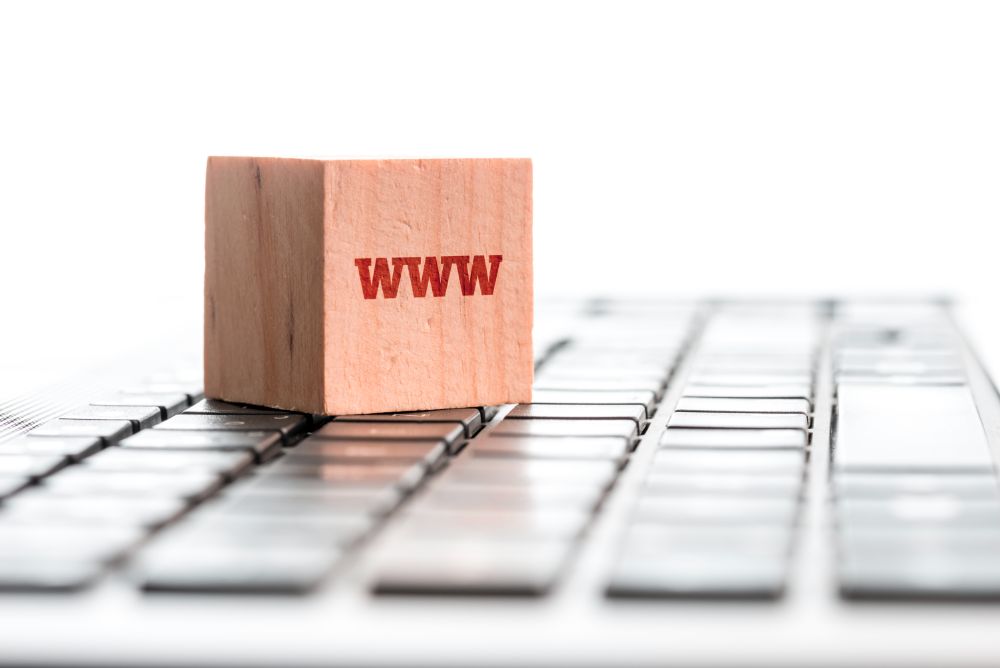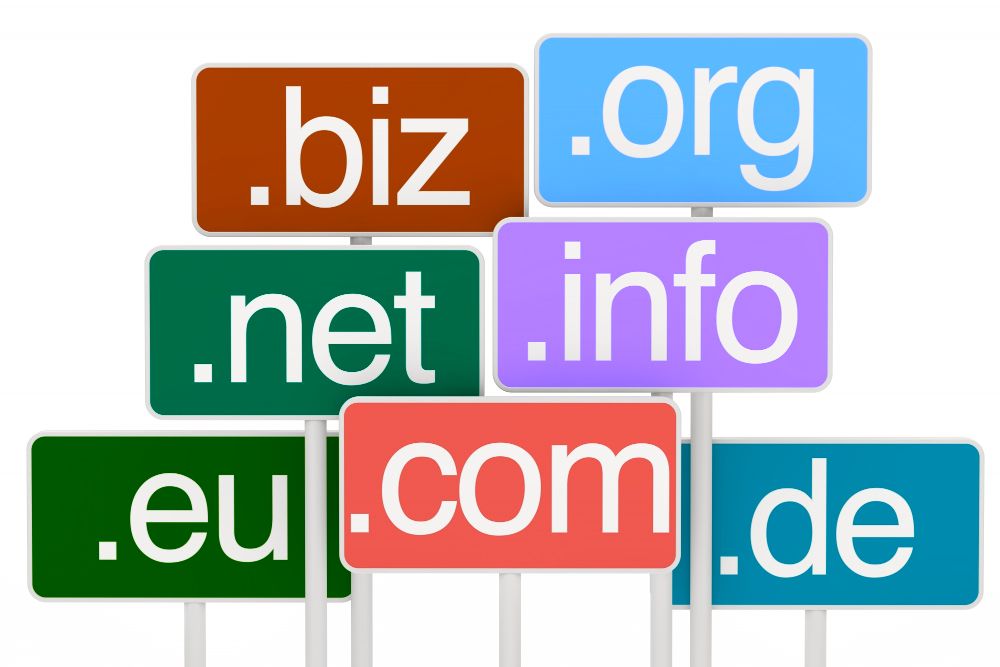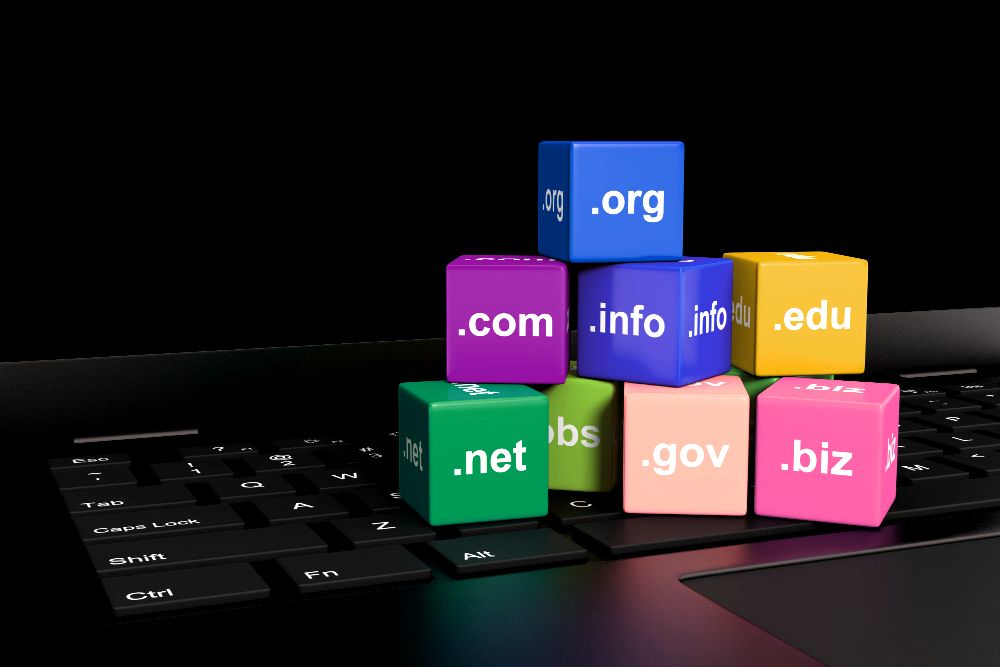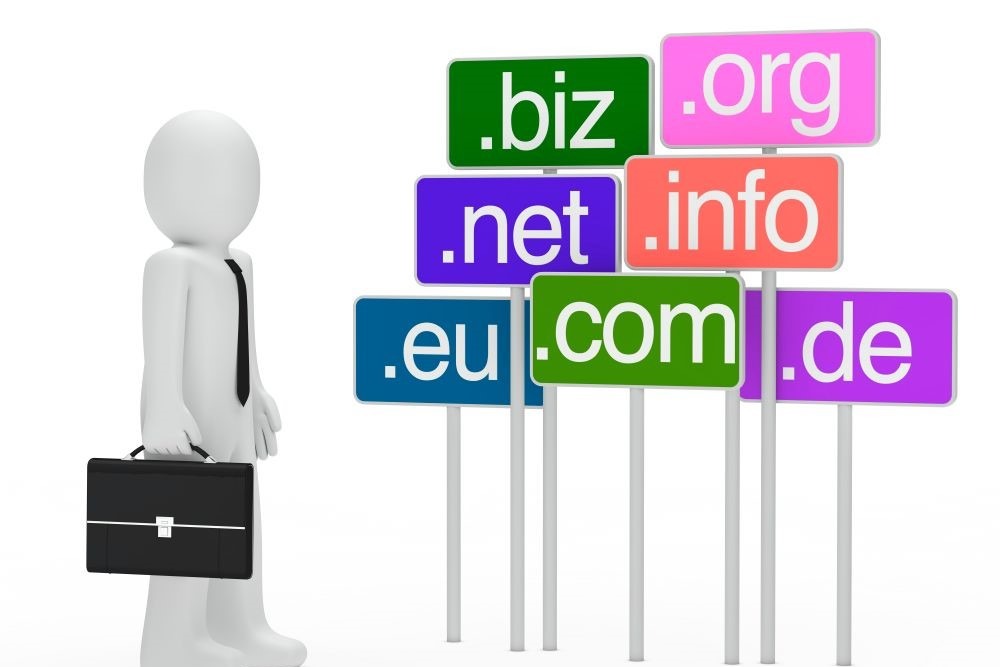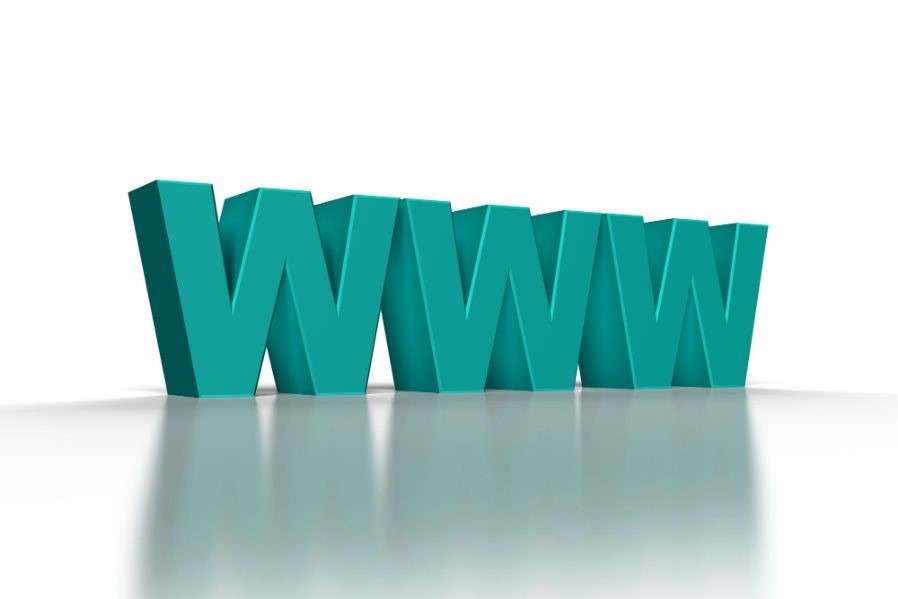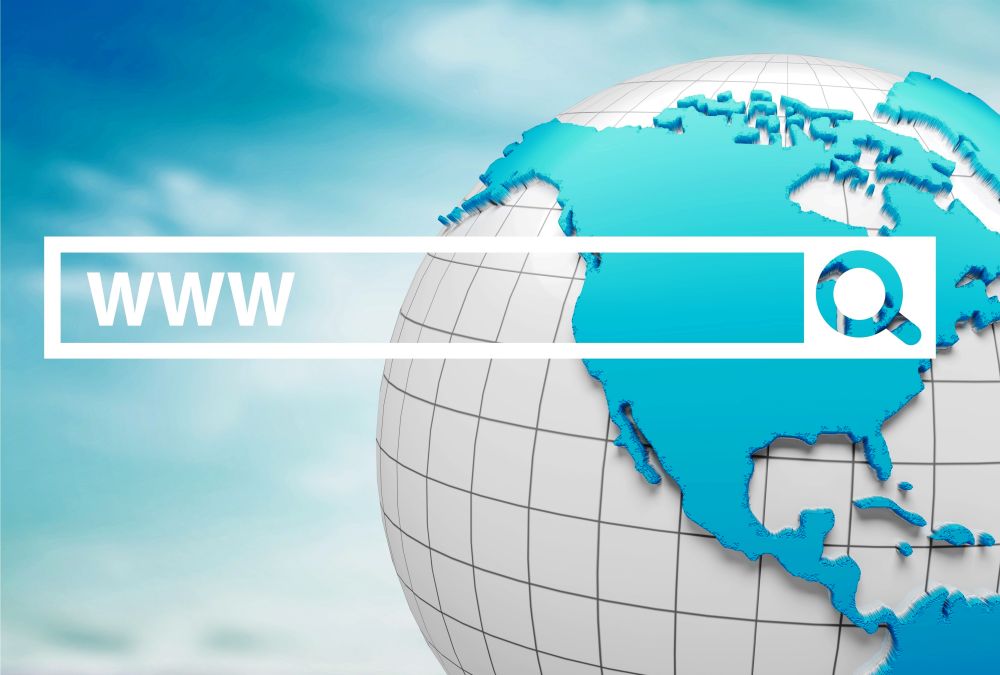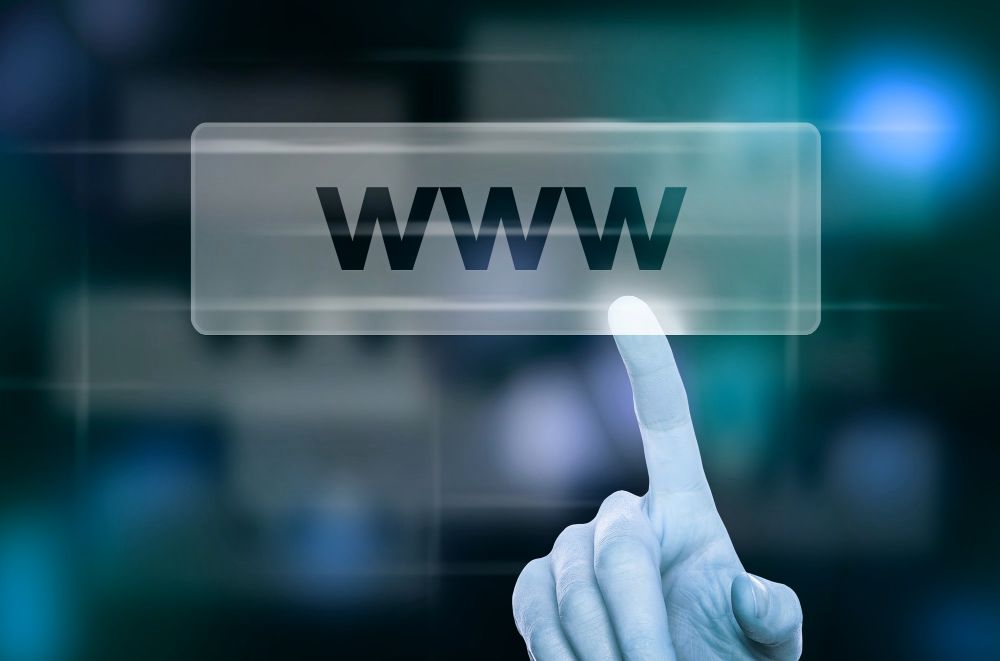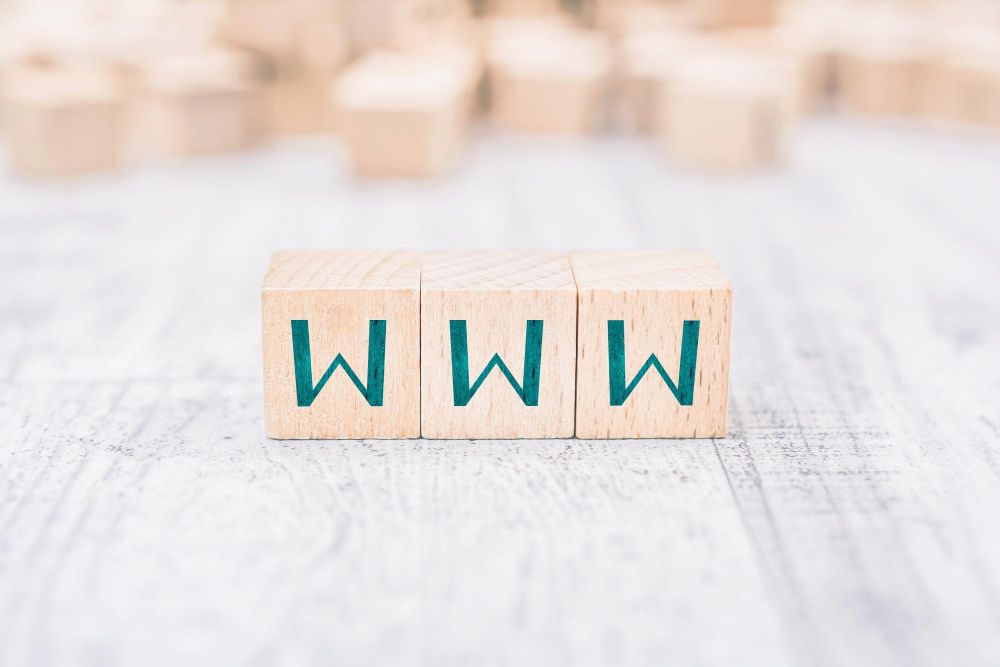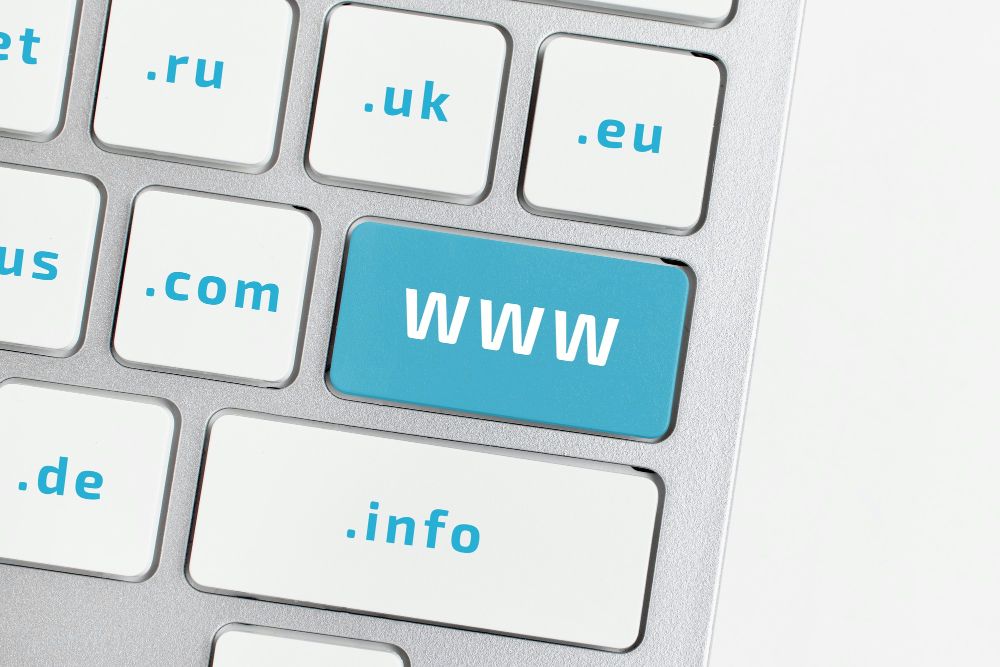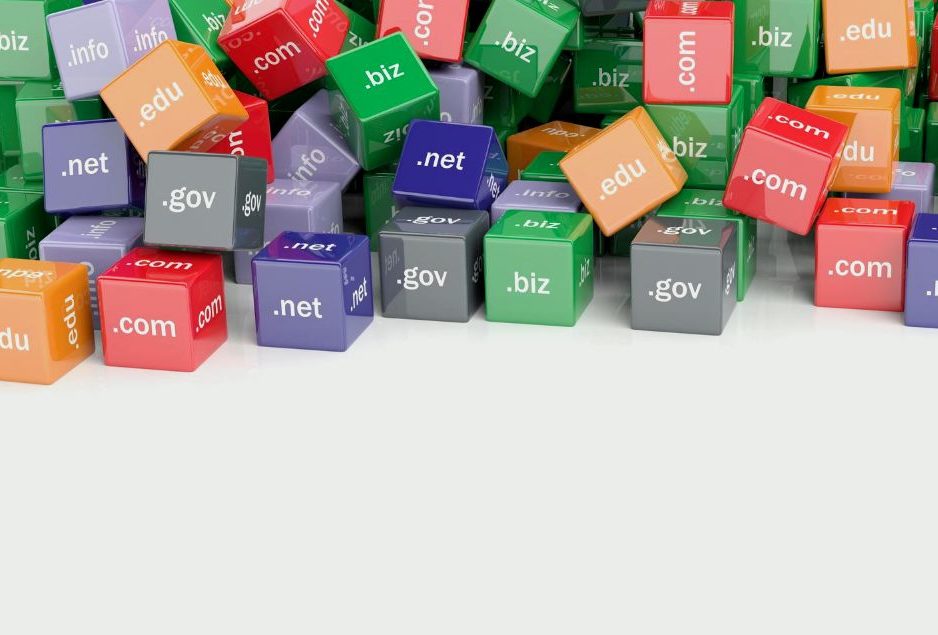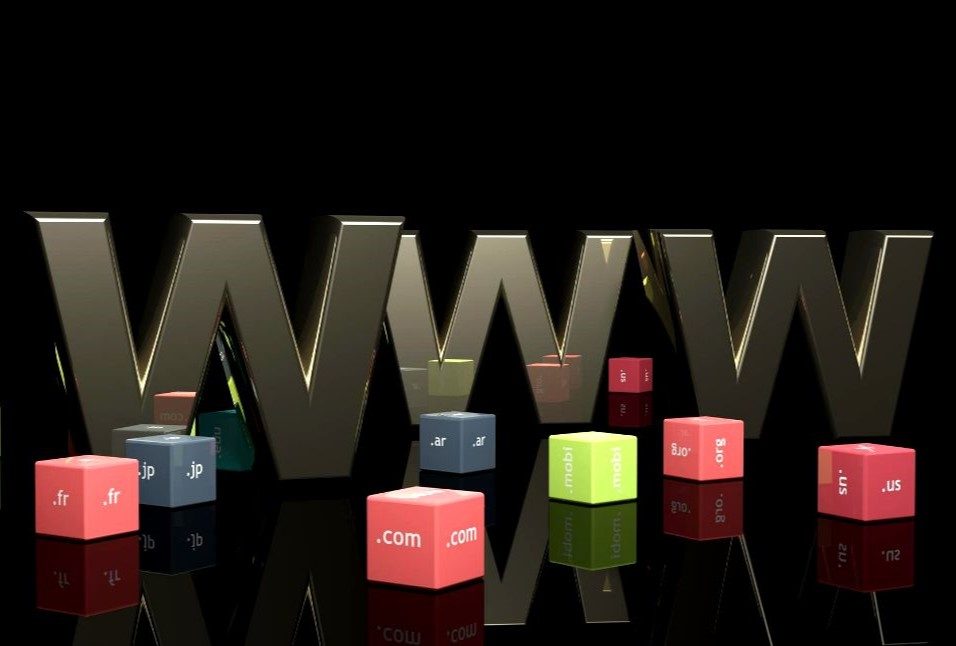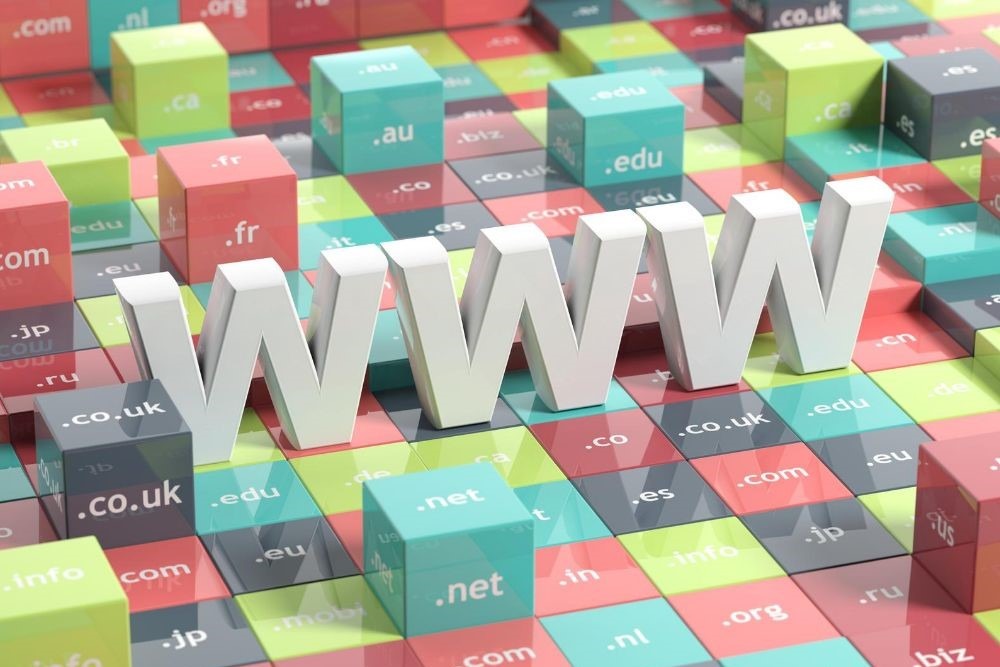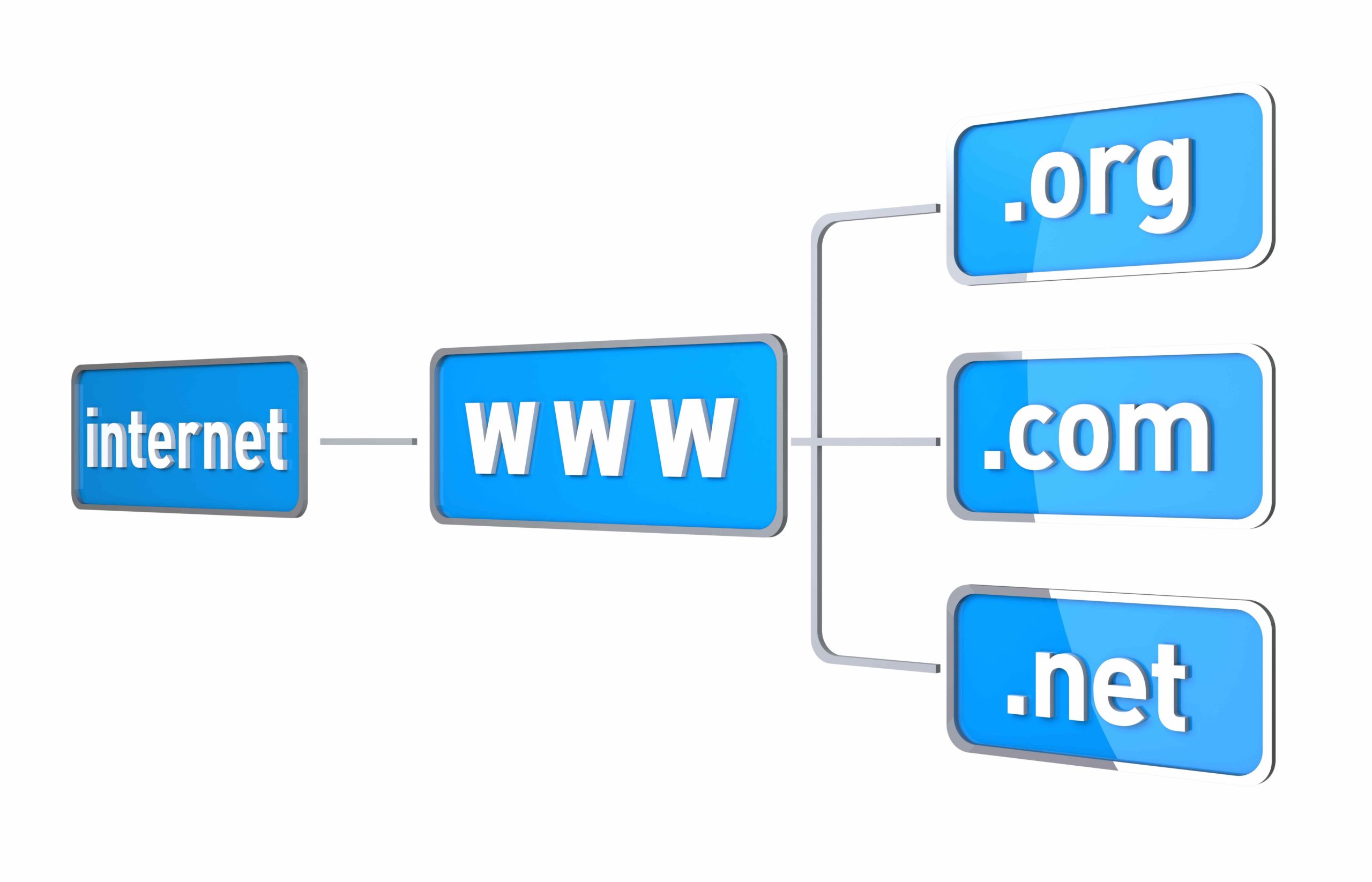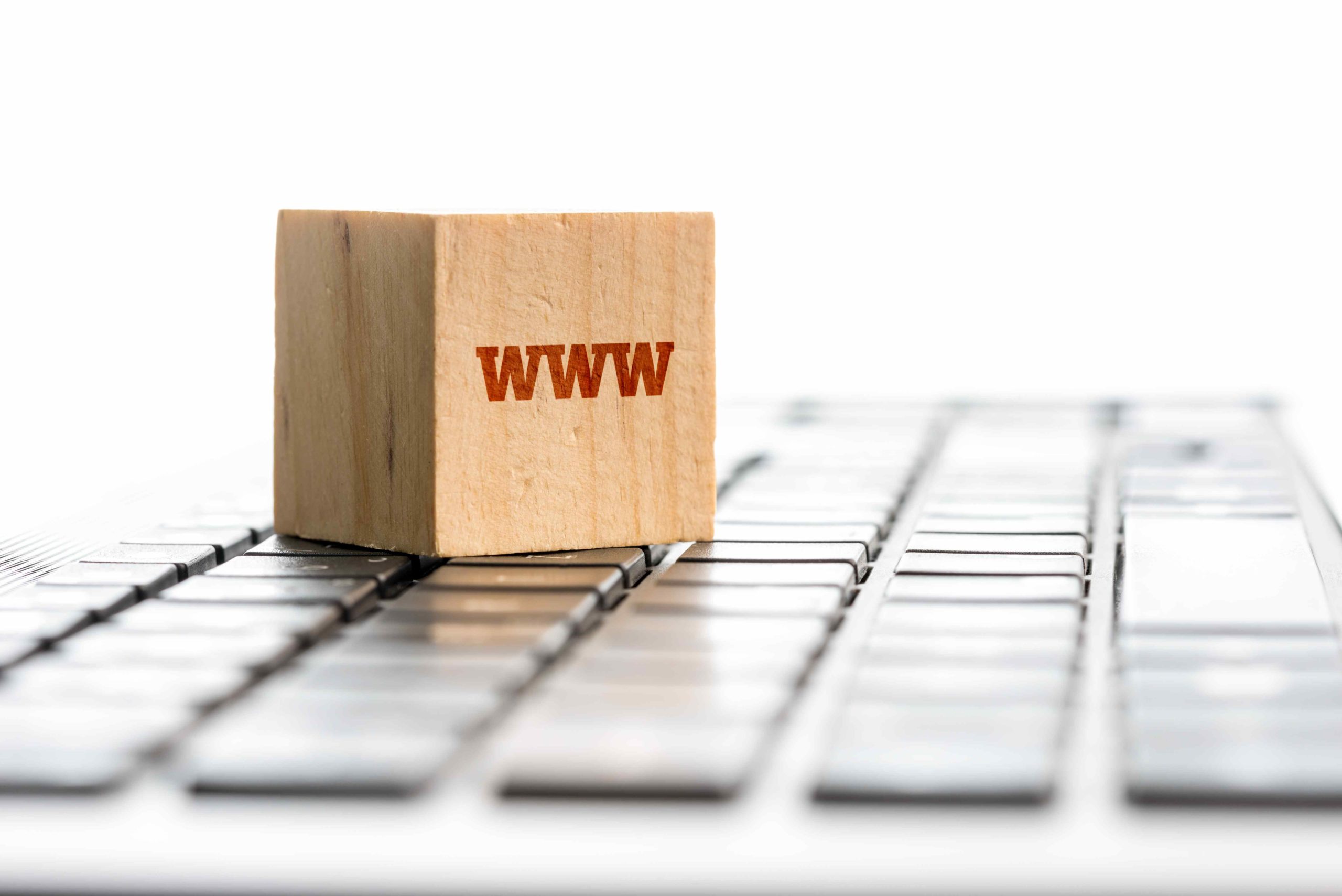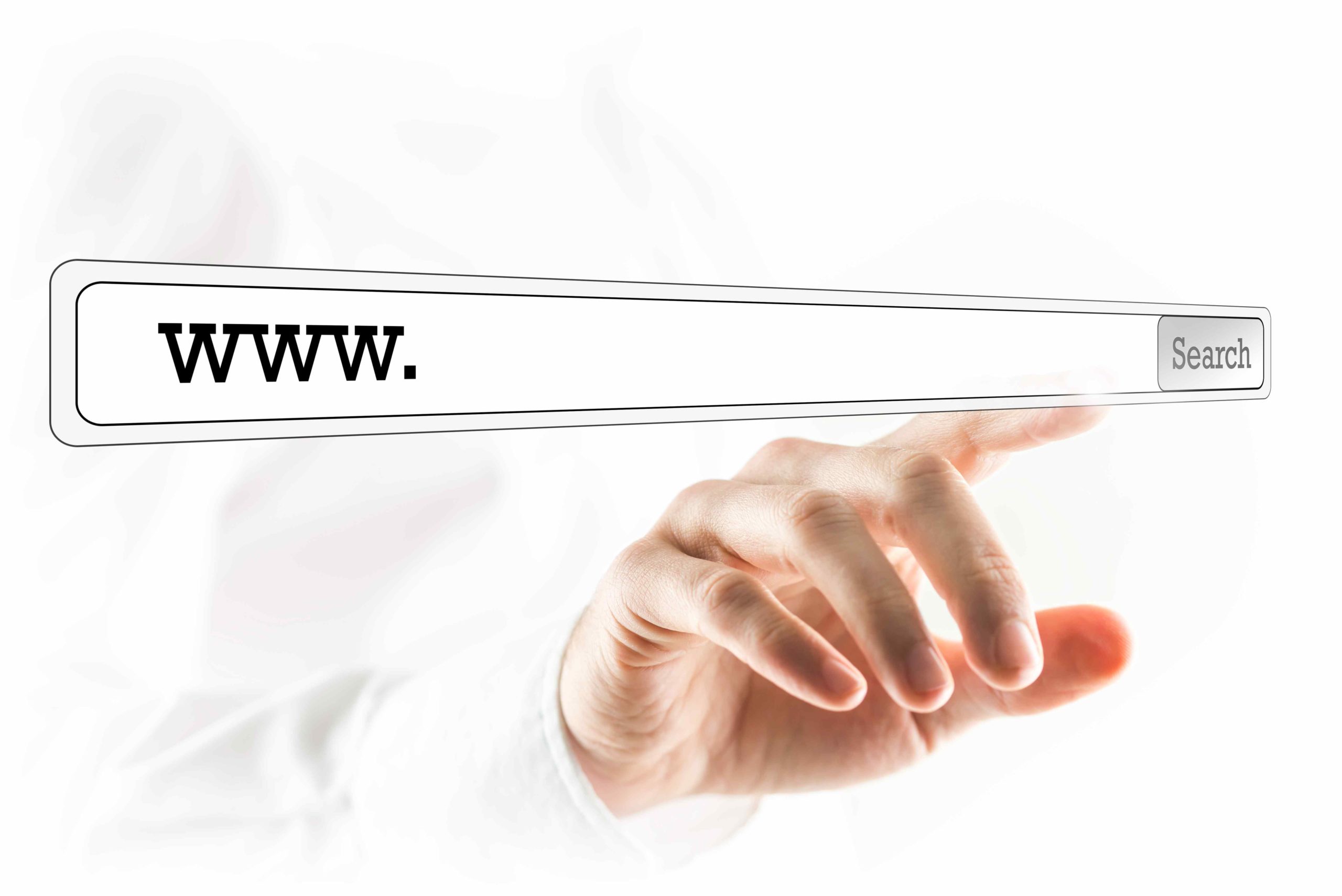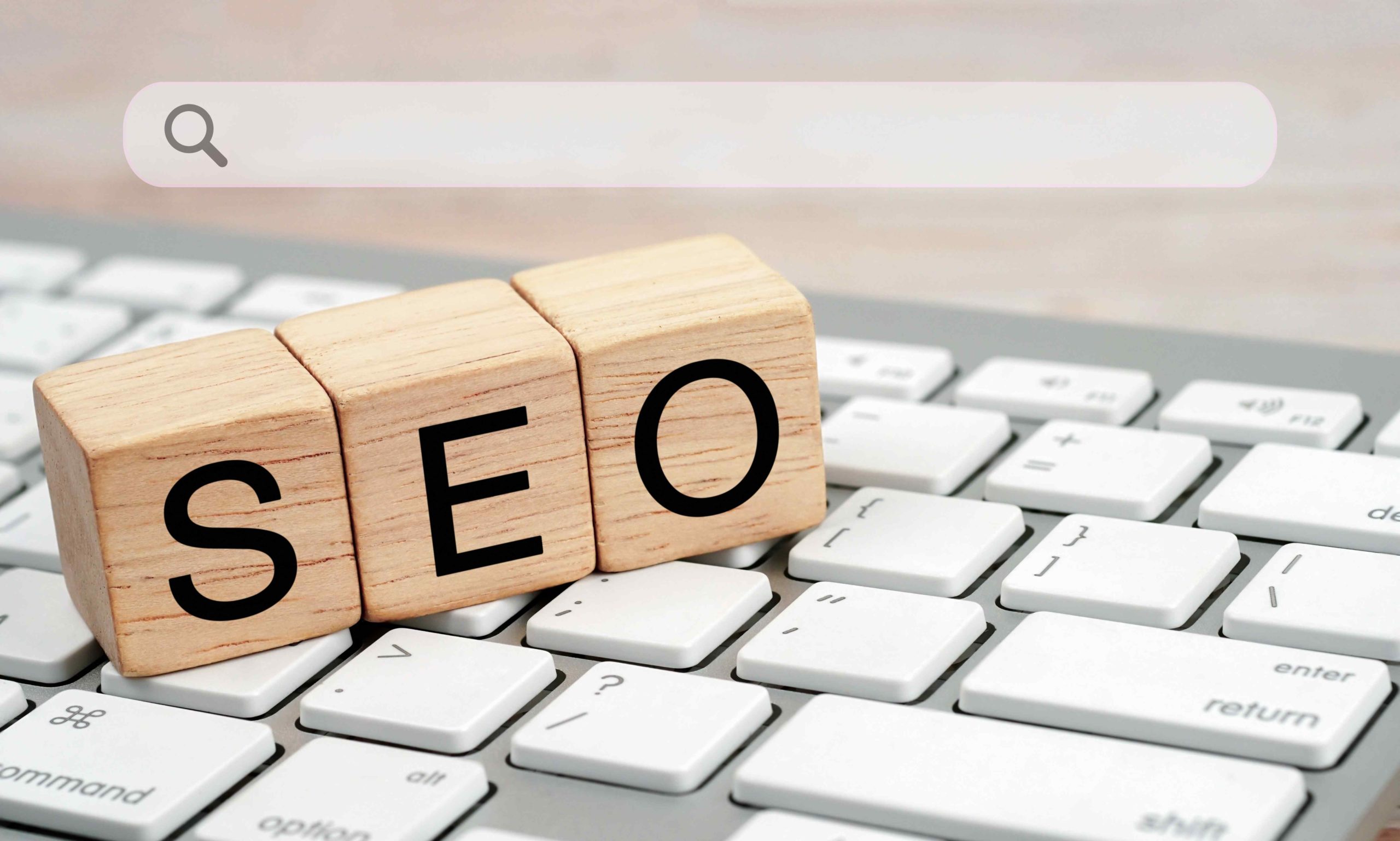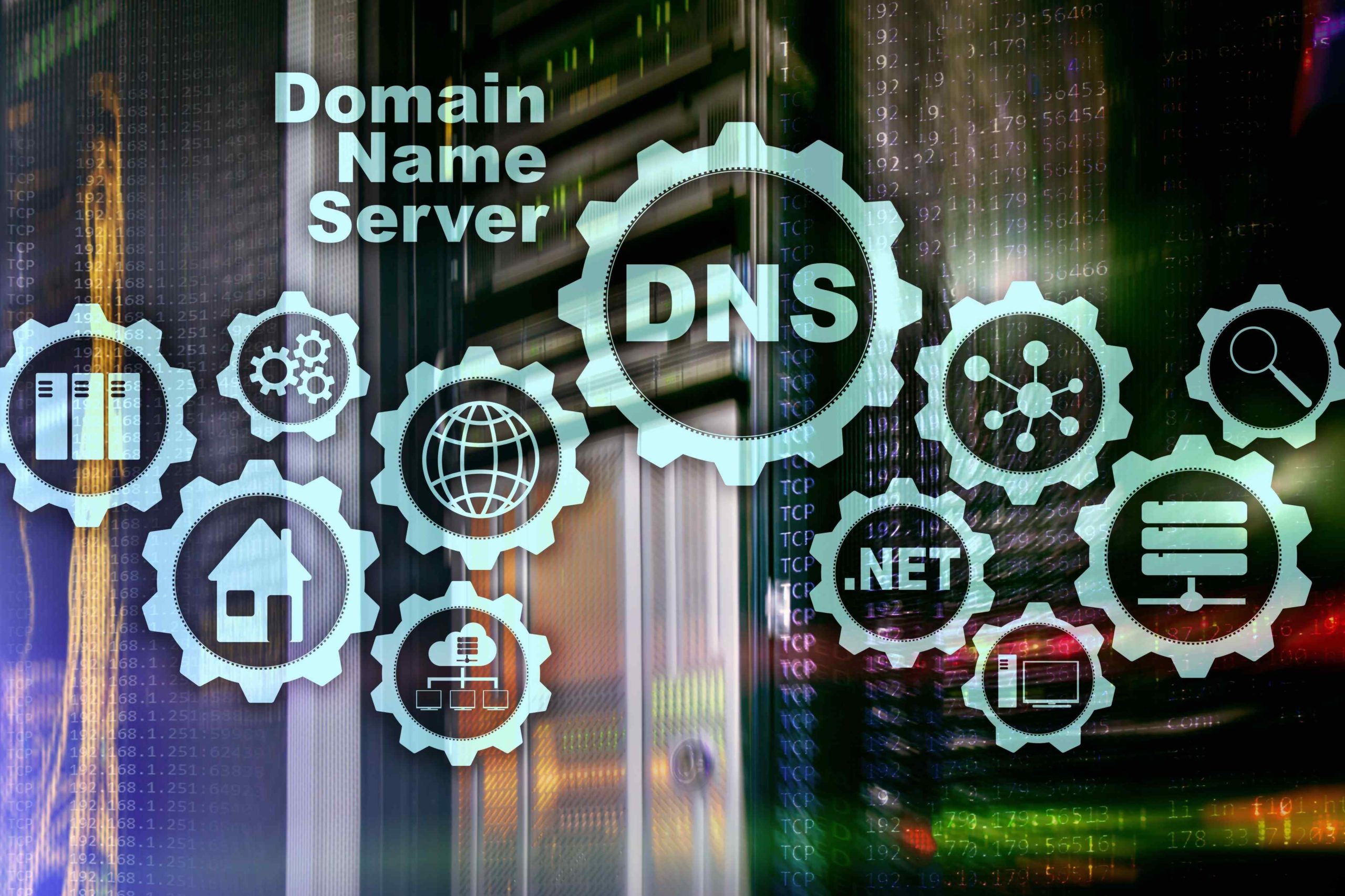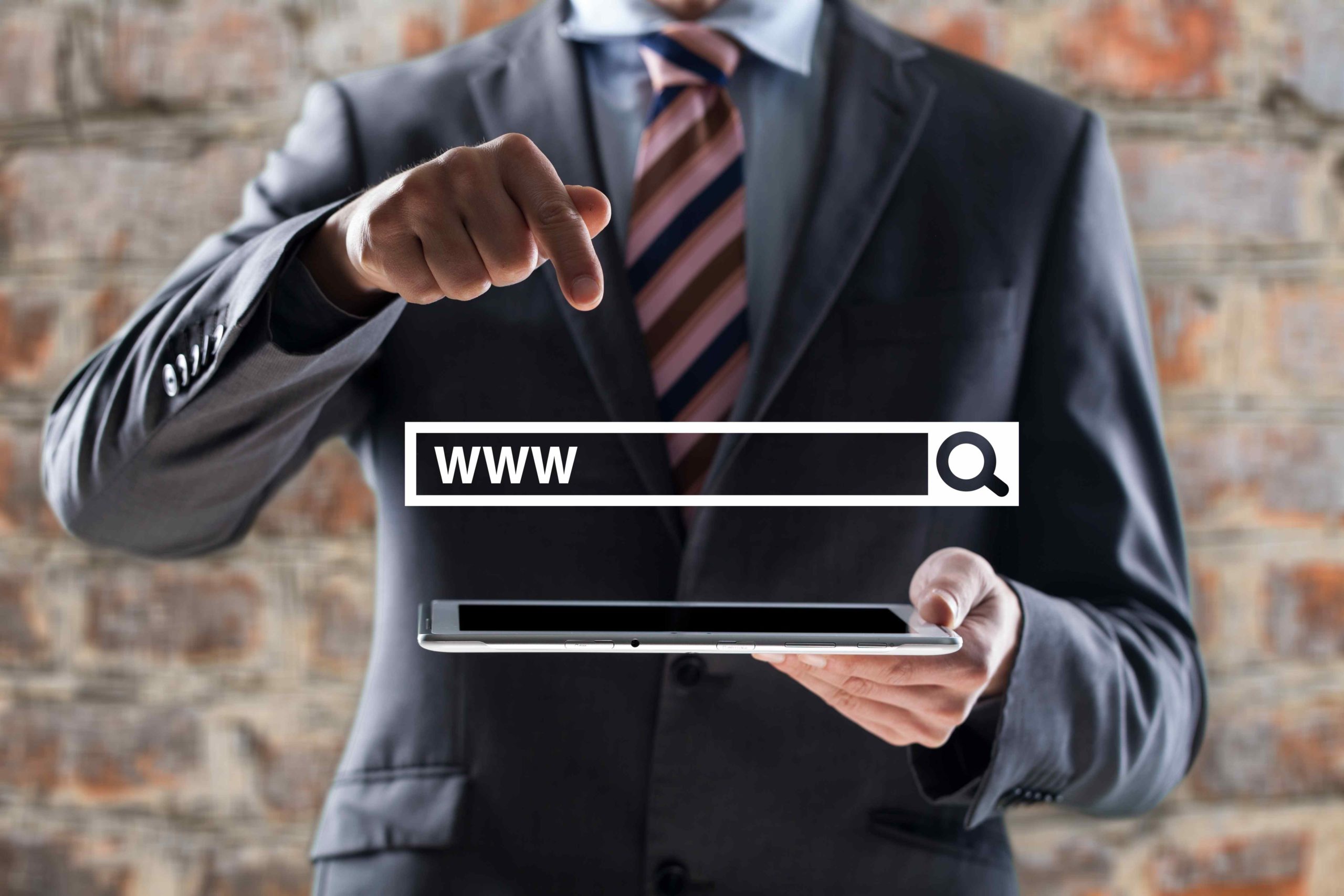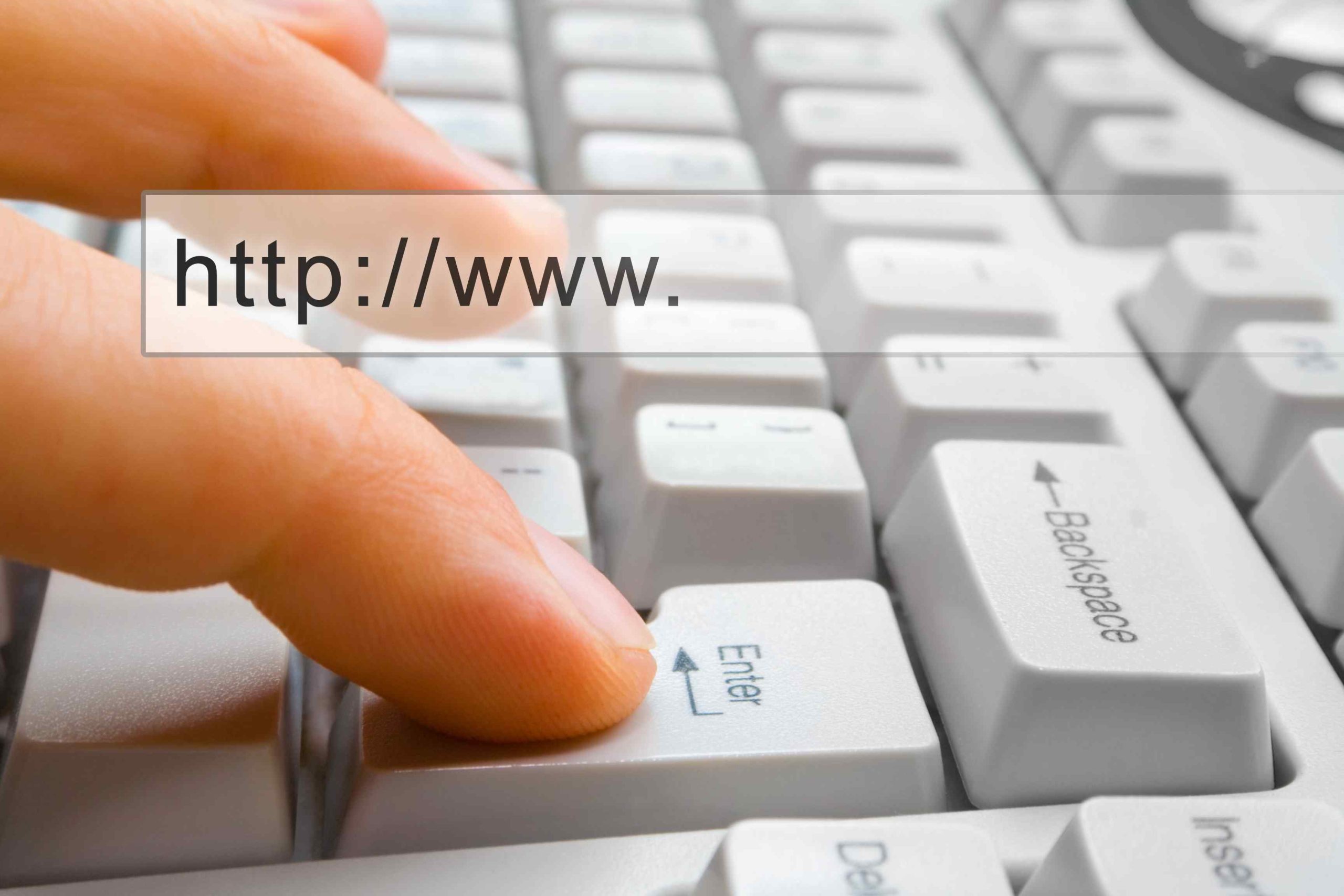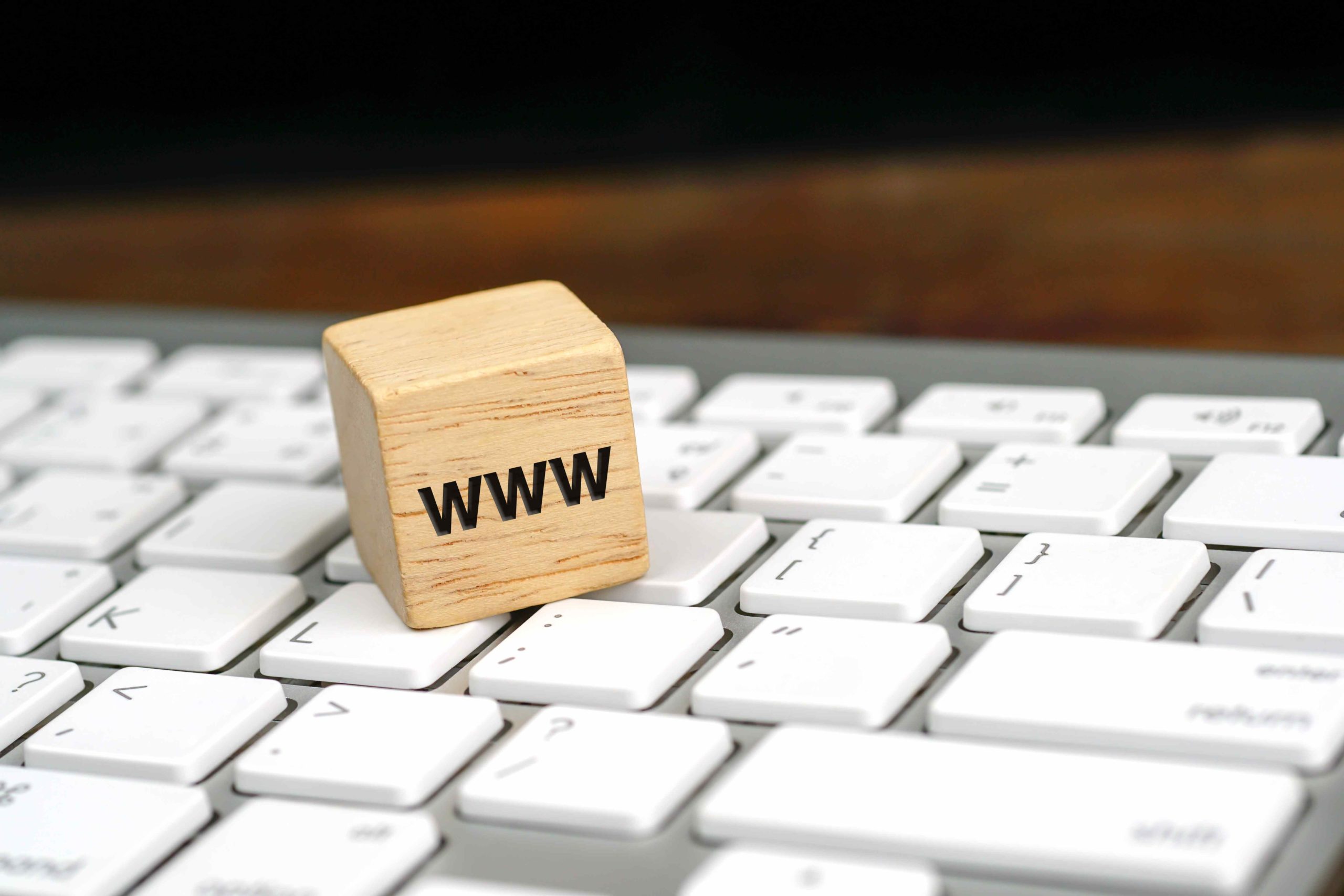
Are you wondering about the real cost of a domain name? Look no further. In this article, we’ll cut through the confusion and break down the factors that determine domain pricing.
Whether you’re a beginner, launching a business, or a seasoned pro, understanding these costs is key to making smart decisions.
Key Takeaways
- Before purchasing a domain, you need to consider two aspects – the one-time cost of buying a domain and its renewal fees.
- The cost of a domain name for a one-time purchase can range from a few hundred dollars to millions, while per year, a domain name typically costs between $10 and $20.
- The factors that affect the one-time cost of buying a domain include the TLDs, domain age, existing traffic, brand value, popularity, market demands, etc., while for annual renewal fees, the price depends entirely on the registrar and the specific TLD.
- Choosing the right domain name provider can make a huge difference in the price of a domain, and it’s important to compare different providers and get the best deal.
- You can negotiate a lower price by researching the domain name, its market value, and any previous sales of similar domains and using this information to your advantage. Also, you can use a broker, especially when negotiating the purchase of a premium domain.
When discussing the domain price, we need to think of two aspects – the one-time cost of buying a domain and its renewal fees.
Factors That Affect One-time Cost of Buying a Domain
The factors that affect the one-time cost of buying a domain include:
- Domain Extension (TLD): Different domain extensions, such as .com, .net, .org, .io, etc., may have varying prices. Common extensions like .com are often more popular and may be priced higher. (Check out the best SEO domain extensions here)
- Keywords and Brand Value: High-demand keywords and brandable domain names can cost higher prices.
- Market Demand and Trends: The demand for certain types of domains can affect their prices. If there’s high demand for specific keywords or industry-related domains, prices may be higher.
- Domain Length and Simplicity: Short, memorable, and generic domain names are often more expensive than longer or less common ones.
- Popularity: Premium or highly desired domain names may be more expensive due to their perceived value. (Learn more about premium domains in this article)
- Existing Traffic: Domains with existing traffic usually have a higher price.
- Domain Age: Aged domains may also have higher prices due to their established online presence and history.
- Marketplaces or Auctions: Domains available through online marketplaces or auctions can have dynamic pricing. The competitive nature of auctions can drive up the cost, especially if multiple parties are interested in acquiring the same domain.
- Registrar Choice: The domain registrar you select plays a significant role in determining the cost. Prices can vary between registrars, and some may offer promotions or discounts.
- Free Domains: In some cases, registrars or hosting providers may offer free domain names as part of a hosting package. However, be sure to check the terms and conditions associated with these offers. They often come with limitations in terms of functionality, branding, security, and support.
If you need more information on why some domains are more expensive than others, look here.
Factors That Affect Domain Name Renewal Fees
For annual renewal fees, the price depends entirely on the registrar and the specific TLD.
When initially buying a domain name, you have the option to buy it for a period ranging from 1 to 10 years. Opting for extended periods, such as 5-10 years, lowers the yearly cost. For instance:
- A 1-year registration at $10 costs $10/year.
- A 5-year registration at $50 costs $10/year.
- A 10-year registration at $100 costs $10/year.
Renewal fees come into play when it’s time to extend the domain’s registration, and these fees are often slightly higher than the initial registration rates. Some registrars offer low initial prices, but the prices can increase significantly after the first year if you’re locked into a multi-year contract.
Keep in mind that some domain names have a small ICANN fee in addition to the annual fee. Yet, not all domain extensions will include that, so check it out before buying the domain.
Also, if you want to keep your registrant information private, you may need to pay an additional fee for privacy protection, which can cost between $10 to $20 per year.
Other additional fees include fees for contacting support and fees for transferring a domain (especially if you have a multi-year contract).
Finding the Right Domain Name Provider
Choosing the right domain name provider can make a huge difference in how much your website address ends up costing. Registering domain names is a long-term investment, so it’s important to compare different providers and get the best deal.
We advise you to look for companies that offer features like discounted registration fees, free renewals, and domain privacy protection. Consider customer service availability too – you want to be sure you have access to help if something goes wrong.
Also, check out any additional services they offer, such as web hosting or email forwarding. With the right provider, you can find a great domain name without breaking the bank.
For example, SEO.Domains is the world’s biggest supplier of expired domains at “Buy Now” prices. Don’t hesitate to check it out.
How To Negotiate A Lower Price For Your Domain Name
To negotiate a lower price for a domain name, you can follow these tips:
- Do your research: Before negotiations, research the domain name, its market value, and any previous sales of similar domains. This information can be used as leverage during negotiations.
- Understand the Seller’s Perspective: Consider the seller’s motivations. If the domain has been on the market for a while or if they are looking to sell quickly, they may be more open to negotiation.
- Use a broker: Working with a domain broker can be a reliable option, especially when negotiating the purchase of a premium domain. Brokers have access to additional data and can help both parties come to an agreement on a fair price.
- Maintain Professionalism: Approach the negotiation with a professional and respectful tone. Building a positive rapport with the seller can enhance the negotiation process.
- Always negotiate: Regardless of your financial situation, always negotiate for the domain name. Making an offer and engaging in negotiations can help you reach a more favorable price.
- Make a Realistic Initial Offer: Start the negotiation with a reasonable initial offer. While it’s okay to start lower, ensure your offer is realistic to avoid appearing insincere or disrespectful.
- Explore Non-Price Terms: If the seller is unwilling to budge on the price, consider negotiating other terms of the transaction, such as payment plans, additional services, or the length of the registration period.
- Know Your Limits: Set the maximum amount you’re willing to pay for the domain. This clarity prevents overcommitting and ensures that the negotiation stays within your budget.
Frequently Asked Questions
How Much Does a Premium Domain Name Cost?
The cost of a premium domain name can vary widely, ranging from hundreds to thousands of dollars or even more. Several factors influence the price of a premium domain name, including its uniqueness, length, and overall brand potential. Some premium domains have been sold for millions of dollars.
What is the most expensive domain in the world?
According to this article https://www.godaddy.com/resources/skills/the-top-20-most-expensive-domain-names, “Cars.com” has become the most expensive domain name ever sold, valued at $872 million.
How Much Does an Expired Domain Name Cost?
The cost of an expired domain name also can vary. In some cases, an expired domain name can be acquired at standard registration costs, which typically range from $10 to $20 per year for most domain extensions.
However, when a domain name enters an auction process, the cost can increase, as you may have to outbid other interested parties to acquire the domain name. Additionally, expired domains with SEO value and high-quality backlinks can attract higher prices, and additional fees from auction platforms can also contribute to an increased cost.
How to Buy a Domain Name Not Listed for Sale
To get a domain that is not on sale, search the owner through a WHOIS lookup and send a respectful email expressing your interest. Be ready to negotiate, use an escrow service for a secure transaction, and remain patient. If necessary, consider a domain broker for assistance.
Remember that not all domain owners may be open to negotiations, and some may refuse to sell their domain names. In such cases, you can consider alternative domain names or extensions.
Conclusion
The cost of a domain name can vary depending on several factors, including the domain extension, the domain registrar you choose, and any additional services or features you may want to add.
However, premium domain names or those with popular keywords can be significantly more expensive. Also, some registrars may offer discounts or promotions for the first year of registration.
It’s important to note that prices can change, and different registrars may have different pricing structures.
We recommend checking with various domain registrars to compare prices and features before making a decision. Keep in mind that renewal fees are also a consideration, as you’ll need to renew your domain annually to maintain ownership.





